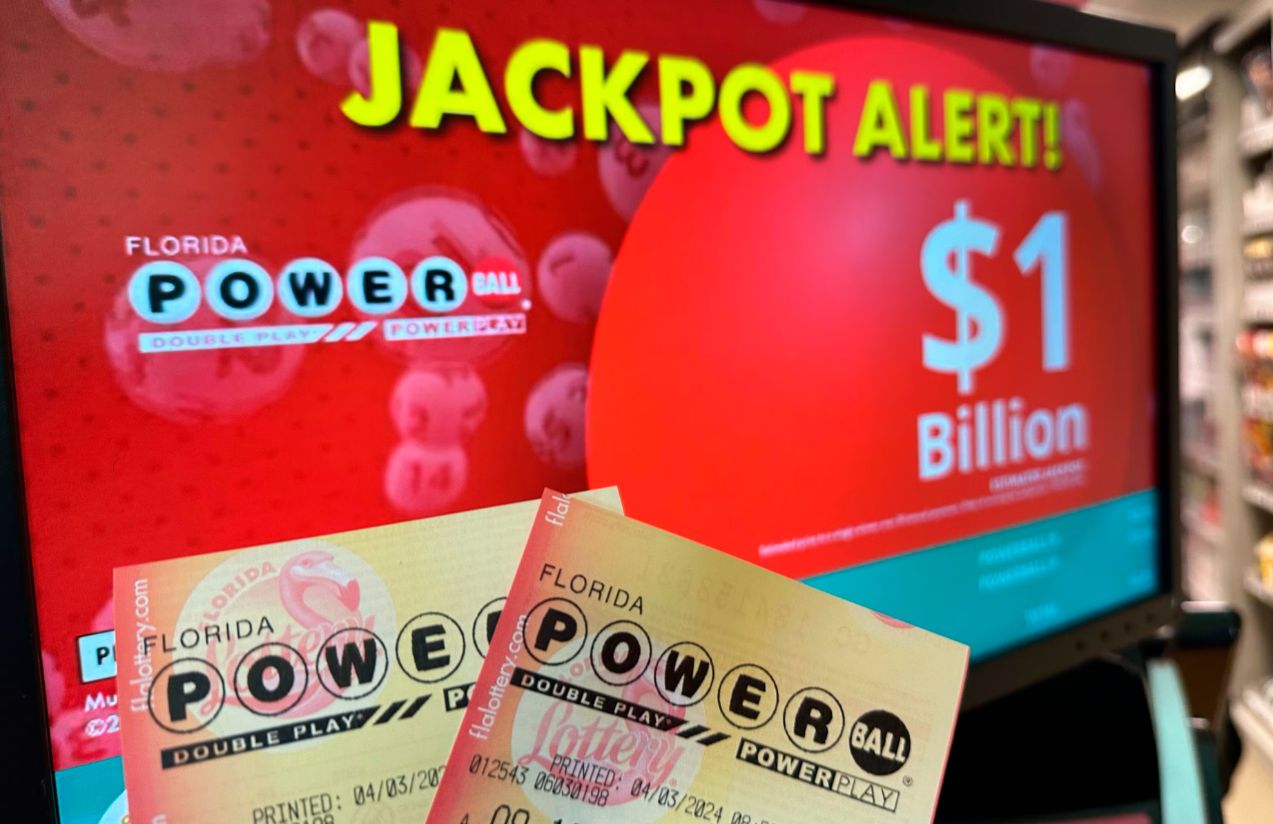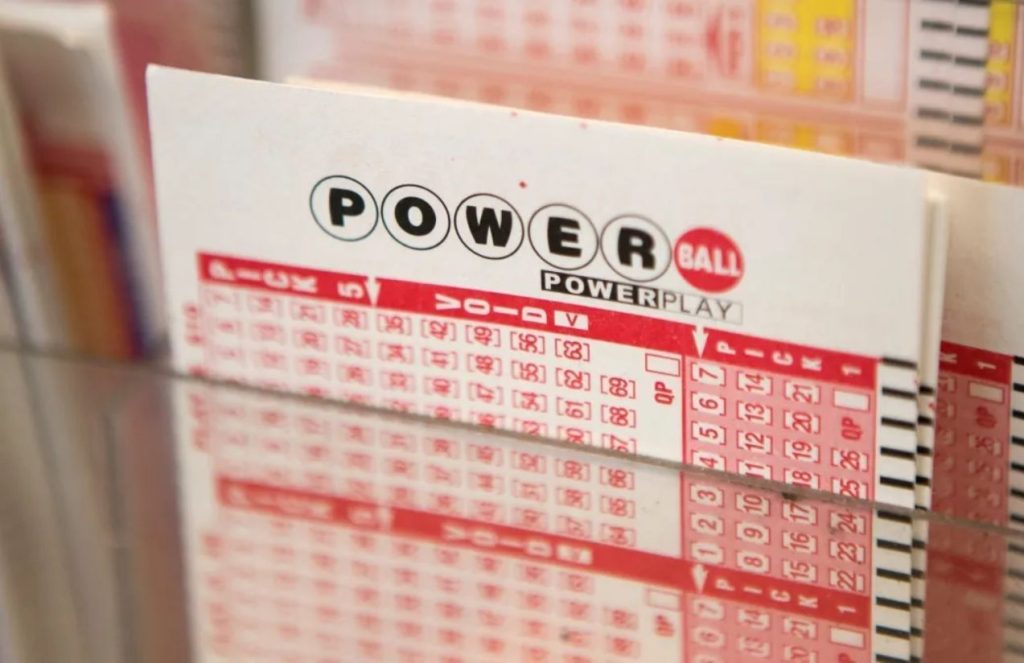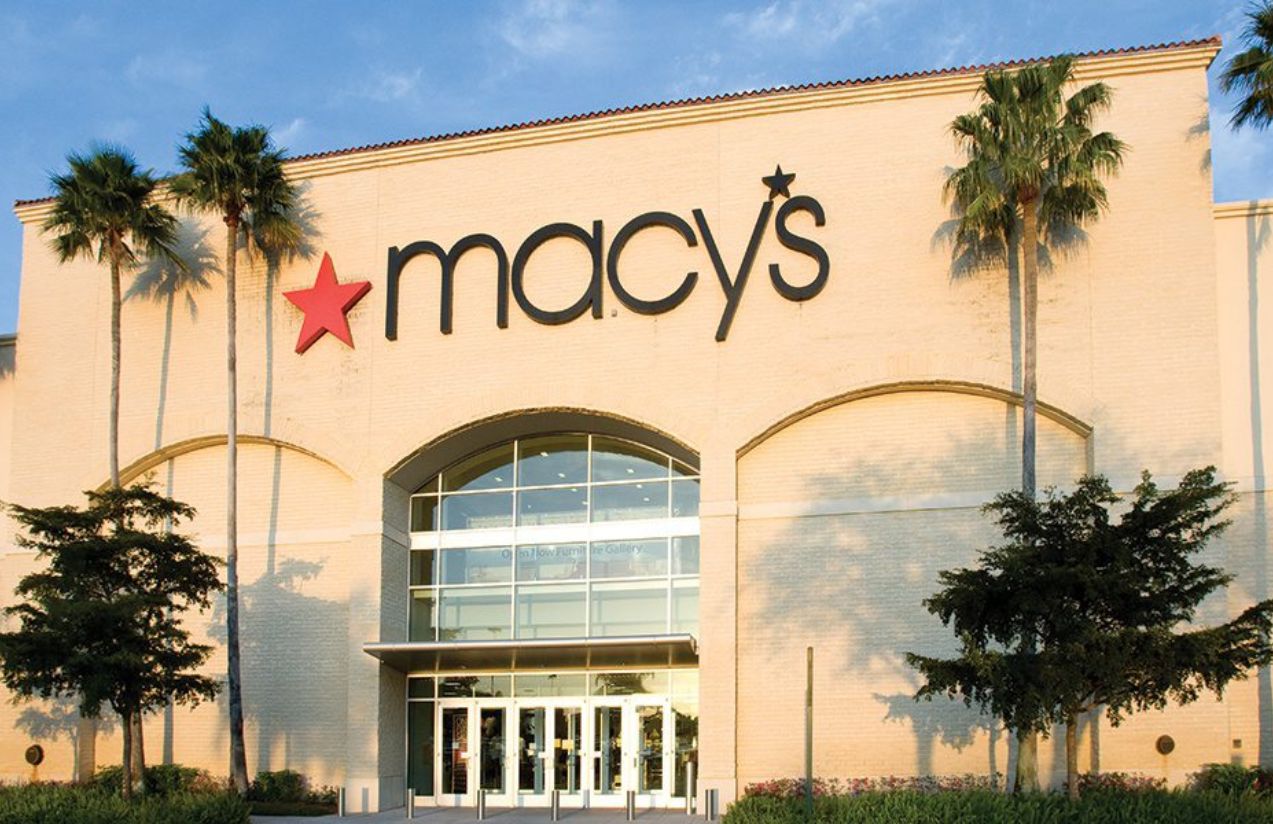Lottery fever is soaring this Labor Day weekend as the Powerball jackpot climbs to a staggering $1 billion, making it the sixth-largest prize in the game’s history. The increase came after Wednesday’s drawing produced no grand prize winner, driving a surge in nationwide ticket sales ahead of Saturday night’s draw.
Winners will have two options: an annuity paid over 30 years, increasing by 5% annually, or a one-time lump sum cash payment estimated at $453.1 million before taxes.

In addition to the massive jackpot, dozens of players have already become millionaires this week by winning $1 million prizes after matching five numbers without the Powerball.
What impact could a jackpot of this magnitude have on society and the lottery itself?
Beyond the dream of becoming an overnight millionaire, a prize of this size tends to dominate media coverage and social networks, boost local economies, from ticket sales to retail business activity, and reignite debates about lotteries as tools for public funding. Many winners also face the challenge of managing sudden wealth, often turning to legal and financial advisors to ensure their fortune is preserved rather than lost in just a few years.























